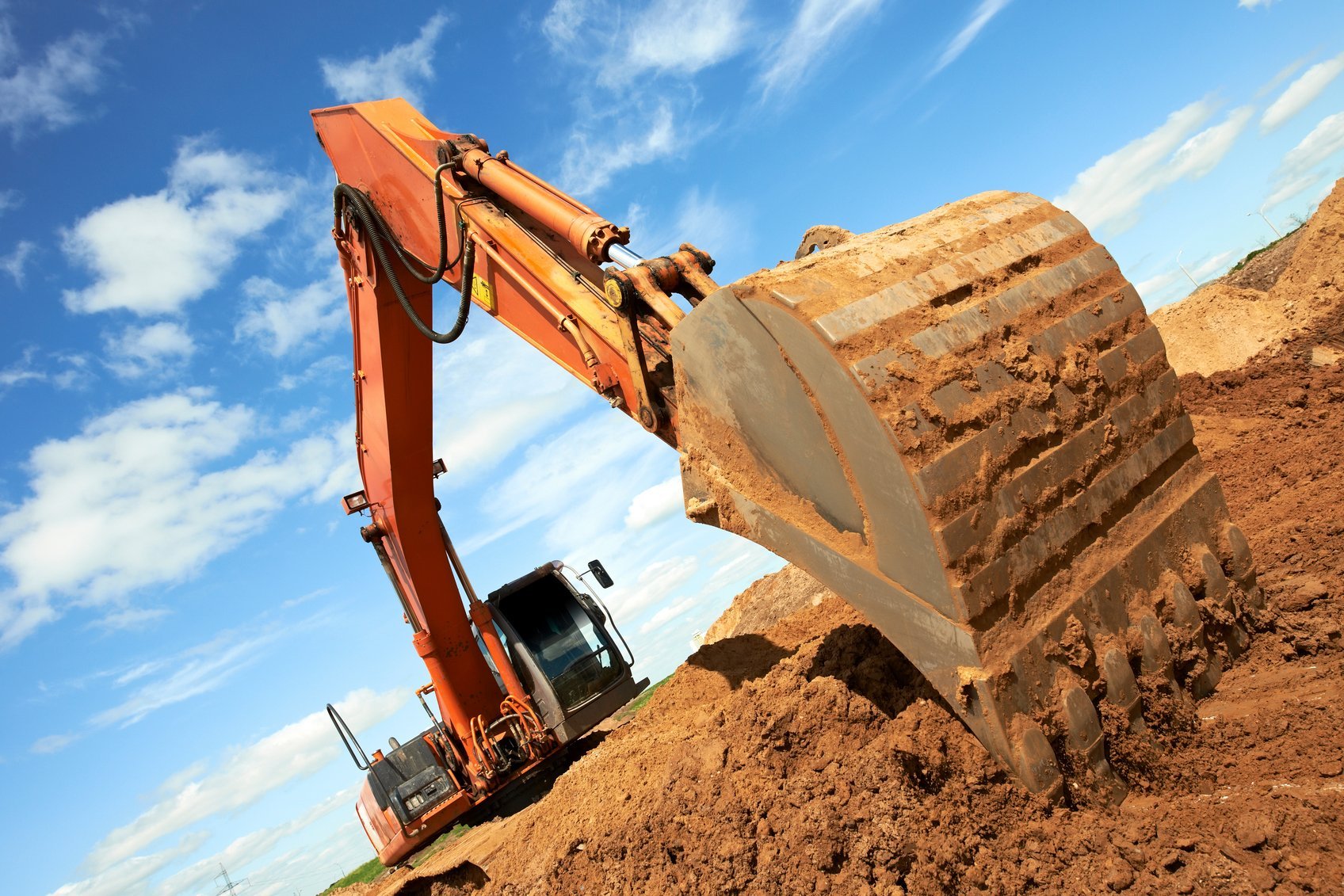When conducting excavations, choosing the right type of soil for the job is essential. The types of soil available depend on the kind of ground and its composition. Clay is a moist, heavy soil with the tiniest particles, while loam is a light, medium-textured soil with equal amounts of sand, silt, and organic material. The soil type is also essential, as different soils are prone to varying levels of stability. Therefore, it’s best to choose the ground that’s more stable and has a lower granularity when it comes to excavation purposes.
Traditional excavation methods require extensive labor and may involve explosives. The downside of these methods is the risk of hazardous conditions for workers. For example, a worker digging through the frozen ground can easily fall into a hole. In such a case, hydro excavation may be a better option. The water-emitting extension helps keep workers at a safer distance from the excavation site and is a safe alternative to traditional methods.
Another advantage of hydro excavation is that it can be used even in frigid temperatures, which is crucial to a project’s schedule and budget. The hydro excavation also enables hot water, which helps the crew to get through frost without any problems. This allows the team to keep their holes on schedule and within budget. The hydro excavation also eliminates the need for dangerous and sharp machinery.
Hydro excavation is a safer and more accurate method. Unlike other excavation forms, hydro excavation doesn’t use hazardous materials, eliminating the need for backfilling and repairs. It also does less harm to the environment because hydro excavation doesn’t involve operating heavy machinery and manual labor. It also allows for a faster project turnaround time because the job can be completed with less disruption to the surrounding environment. The hydro excavation also reduces the risk of damaging underground utilities, which can be critical in residential areas.
When done correctly, excavations can produce results and help uncover critical information. Archaeologists use excavation techniques to learn more about the past. They may find artifacts that can help them identify the culture of an ancient land. However, several limitations can make this process difficult. For example, some archaeological sites are protected by religious influence, so excavation is often prohibited.
Rea more: https://earthmovingauckland.co.nz/
Traditional excavation methods involve heavy machinery and digging, which may leave a mess after excavation. Hydro excavation is a better option as it uses pressurized water and a specialized vacuum to remove dirt and waste material. It is faster and more precise than traditional digging methods and reduces the risk of soil contamination. The hydro excavation also minimizes the cost of the process.
Vacuum excavations are more effective than conventional digging methods and can remove more debris from the ground than traditional methods. The process also requires less workforce and reduces the chances of damaging underground utilities. It also helps keep projects on schedule since excavation requires less heavy machinery.
